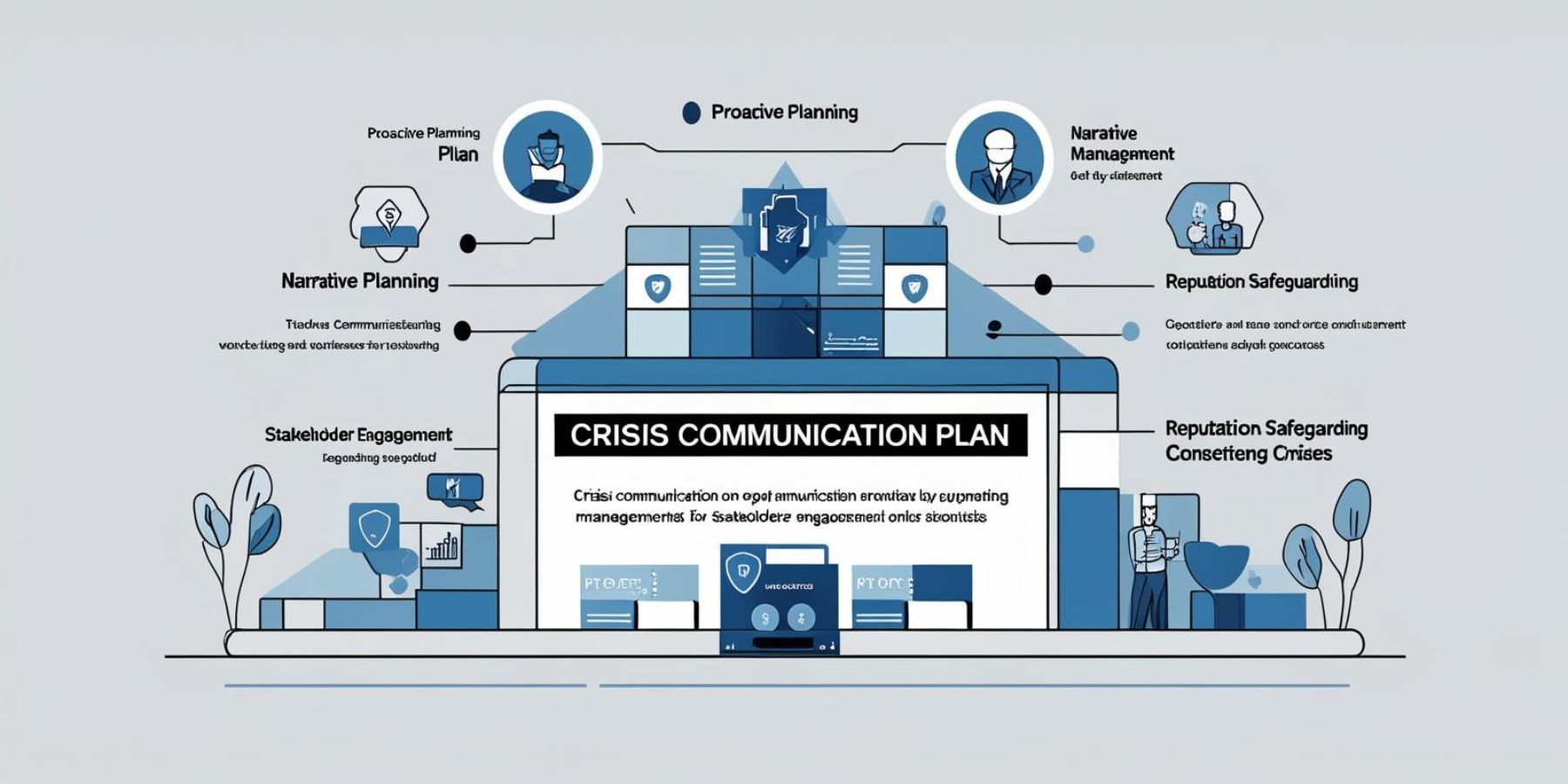Crisis Communication Essentials: Protecting Your Business Reputation

The Essentials of Crisis Communication for Businesses
Introduction: In today's interconnected world, a crisis can emerge at any moment, impacting your business's reputation and bottom line. A proactive crisis communication plan is no longer a luxury but a necessity. This post guides you through building a robust strategy to navigate crises effectively, protect your brand, and maintain stakeholder trust.
1. Preparing for the Unexpected
Identifying Potential Crises:
- Analyze vulnerabilities: Assess areas prone to crises like product defects, data breaches, or natural disasters.
- Create a crisis communication team: Assemble a dedicated team to handle crisis response.
- Establish clear roles and responsibilities: Define who's in charge of decision-making, communication, and media relations.
2. Building Your Crisis Communication Plan
Develop Key Message Points:
- Craft concise, accurate statements: Prepare pre-approved messages addressing potential scenarios.
- Tailor messages to different audiences: Create specific messaging for employees, customers, media, and investors.
- Establish communication channels: Determine methods for disseminating information (e.g., press releases, social media, website updates).
3. Managing the Crisis
Respond Swiftly and Transparently:
- Acknowledge the situation: Address the crisis openly and honestly.
- Provide regular updates: Keep stakeholders informed of developments.
- Monitor social media and media coverage: Track public sentiment and address misinformation.
4. Maintaining Trust and Rebuilding Reputation
Post-Crisis Analysis and Recovery:
- Evaluate response effectiveness: Identify areas for improvement in future crisis management.
- Reinforce company values: Emphasize commitment to ethical practices and customer satisfaction.
- Communicate lessons learned: Share insights gained during the crisis to build trust and transparency.
Conclusion: A well-defined crisis communication plan is crucial for protecting your business's reputation and navigating turbulent times. By proactively preparing, managing your narrative, and maintaining open communication, you can emerge from a crisis stronger and more resilient. Contact Connex Corporate today for expert guidance in developing a customized crisis communication strategy tailored to your specific needs.